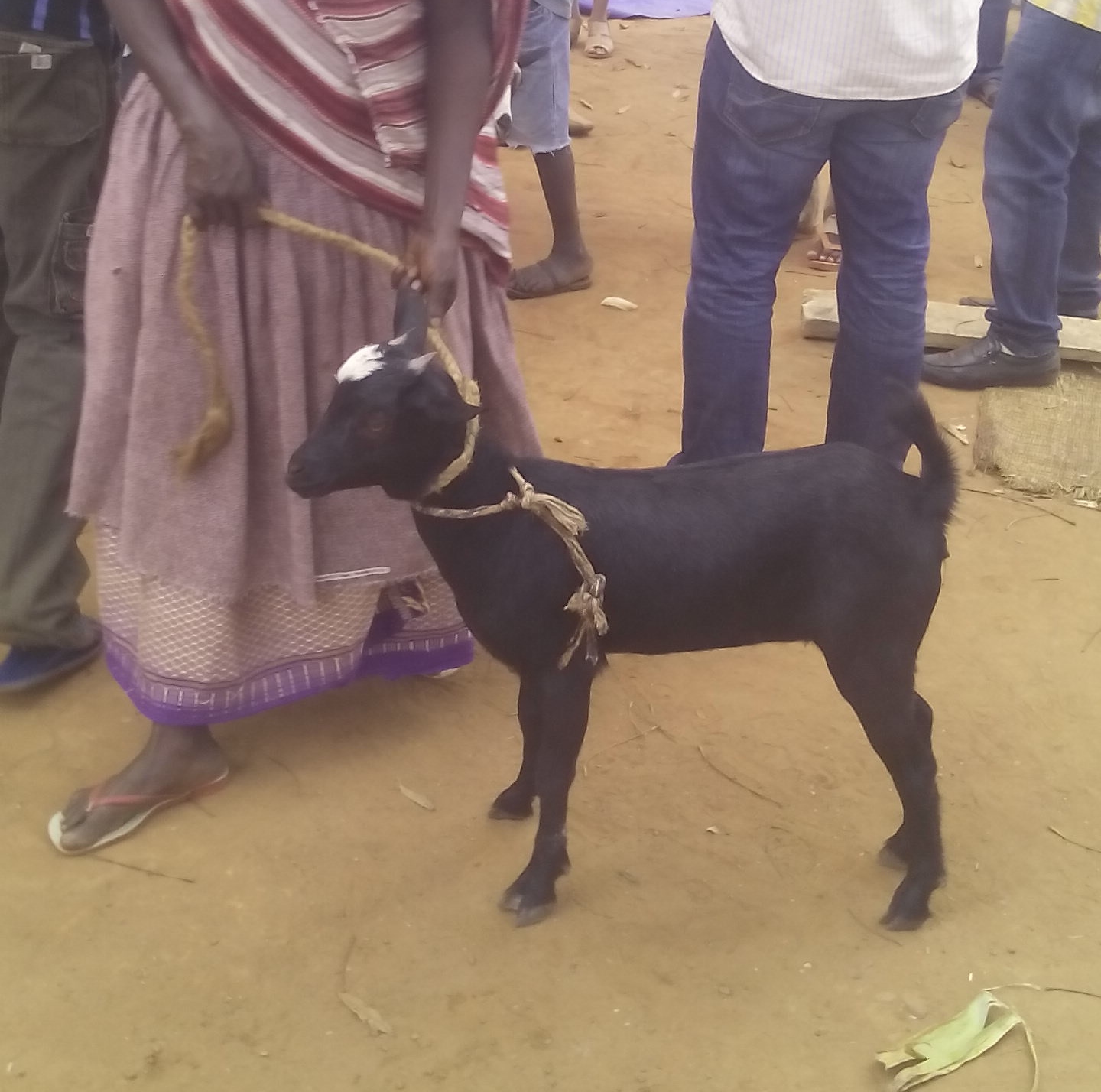I joined Partners in Health’s (PIH) Rwandan sister organization, Inshuti Mu Buzima (IMB), in September 2013. My short term contract was for 9 months working in the field as a Research Interviewer. I was working on the Verbal and Social Autopsy (VSA) project where the objective was to find out the probable causes of mortality in children under 5 in Rwanda.
It took me only a few days to be integrated into the IMB community, because of the hospitality and the welcoming culture at IMB. But also because many of the people I met were young professionals my age, including people I went to school with. Memorable moments included conversations with staff after lunch, birthday parties, and professional development sessions where we met every Monday and Thursdays to discuss scientific topics.
My field work was in the remote villages of Kayonza and Kirehe, two districts located in the Eastern province of Rwanda and supported by PIH/IMB. I really enjoyed traveling in the hillside villages of the Eastern province of Rwanda. However, the journey to the households was not always easy. Sometimes during the rainy season the roads were impassable and I would walk for 30 minutes to reach the household. Thanks to God, VSA provided all necessary equipment including rain coats, boots, umbrellas and waterproof bags.
Before my visit, I had to call the Community Health Worker (CHW) who in return, connected me to a mother who lost a baby under 5 years of age. After connecting with the mother, I went out to the field to meet her; she had lost her baby more than 3 weeks before the day of interview. Three weeks is the culturally accepted mourning period in Rwanda.
Once I met the mother, I introduced myself and started a conversation about daily life with topics about the climate, harvesting, school, religion, etc. This was to make the respondent comfortable and help her feel open to talking to me. Then, I had to explain the purpose of the visit and the study to get her consent. After getting the respondent’s consent, the structured interview started. The interview questions were structured and sensitive. There were questions about the mother’s pregnancy, delivery, and circumstances surrounding the baby’s death. Sometimes the mother would be overwhelmed by emotions and begin to cry.
In such a cases, I played the role of counselor. I would let the respondent cry, but sometimes I had to intervene. I would change the conversation to something more comforting to change the respondent’s mood. Depending on the respondent’s status, I could either resume, reschedule, or stop the interview. For complicated cases, I transferred the patient to the closest health facility for advanced intervention.
Despite the long distances and sensitive nature of the study, I enjoyed the conversations I had with amazing mothers who never refused to be interviewed and never rejected my questions. Most of them called me “my son” as a sign of acceptance. Most of the time I played games with the school aged children in the neighborhood after the interview or when I was waiting for the respondent.
I liked the organization (IMB) and its mission so much that I wanted to stay after my short term contract. I applied for internal positions but in vain. As my contract was ending, I attempted, for the second time, the Global Health Corps Fellowship application. I applied for the position of Research Fellow at PIH/IMB because I was very interested in research but also because I had experience in research. Indeed, I wanted to grow in the field.
After the application process, I was offered a 2014-2015 Global Health Corps position with Partners in Health/Inshuti mu Buzima as a Research Fellow. I was super excited. I would say that this has been the most valuable professional achievement in my career. From the field, working directly with the local community, I am now an office based Research Fellow. One thing that makes the GHC Fellowship unique for me are the community outreach activities. In the very beginning, I participated in a community activity organized by the class of 2013-2014 GHC fellows (Now GHC alumni). We visited the Rwandan people repatriated from Tanzania and provided them with livestock (goats), garden hoes, mattresses, soaps, sugar and most importantly moral support. I would say this event marked my official inauguration as a GHC Fellow placed at PIH/IMB.

Repatriated Rwandan receiving a goat
I am glad to be part of two great organizations, PIH-IMB and GHC, that care so much about global health issues and are dedicated to providing the best healthcare to those truly in need. My responsibilities as a Research Fellow include working on Quality Improvement (QI) projects at Kirehe District Hospital (DH). My co-fellow and I, with support from our supervisors, collaborate to describe the QI projects design, implementation and track the impact of later projects on patients’ care and outcome at Kirehe DH.
My first ninety days have been challenging but also constructive because I’ve been exposed to new things and concepts. With my supervisor’s coaching and encouragement, I am happy to be working in the Public Health sector and look forward to learning much more during the rest of my fellowship.
